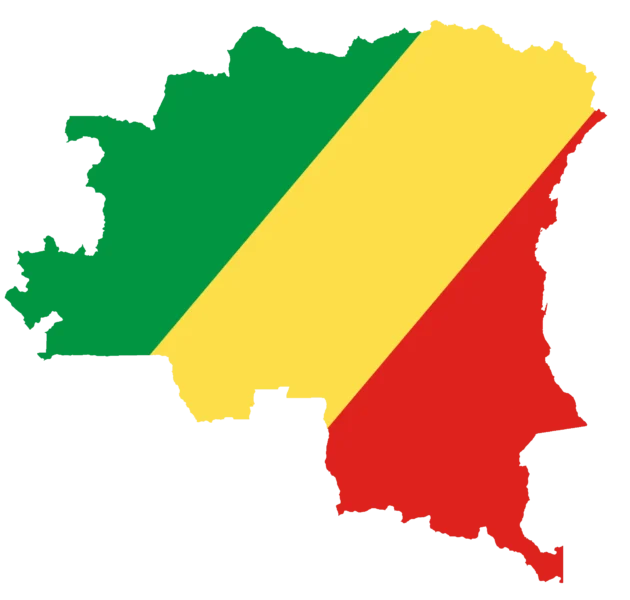In 1969, the Republic of Congo discovered a huge oil field off its coast, presenting both an opportunity and a threat to the newly independent nation. The revenue from oil extraction could either lead to a stable socialist society or subject the country to exploitation similar to what it experienced under French colonialism, according to a new paper in Critical Historical Studies, titled “Enclosed Futures: Oil Extraction in the Republic of Congo.”
The article, written anonymously due to concerns about future research in Congo, traces the nation’s history under colonial territorialism, postcolonial capitalism, and the uncertain futures it faced after independence. The French colonial period saw efforts to “modernize” the Congolese through resource exploitation, forced labor, and conversion to Christianity. In the 20th century, external interest in monetizing the region grew more systematic, with researchers “collecting, recording, and mapping” the land for export.
The Struggle for Control Over Congolese Oil
As Congo achieved independence, the postwar period highlighted the value of oil to the global economy. The first leaders of the new Republic, like French-backed Fulbert Youlou, continued to allow Western access to Congolese oil despite growing poverty in the country. However, mass demonstrations within Congo and the nationalist turn of OPEC states inspired later Congolese presidents to regain some control over the oil field.
The last of these presidents, Marien Ngouabi, was assassinated in 1977. His successor, Denis Sassou-Nguesso, transformed the Republic into a military dictatorship and facilitated relations with French oil conglomerate Elf-ERAP, undoing the efforts of the past decades to give Congo greater ownership over its valuable resource. The future of the country, once unsettled and open, was again tied to its ability to sell oil to the West.
An Uncertain Future for the Republic of Congo
“With the prospect of a decline in oil production now seeming irreversible,” the author concludes, the fate of the African nation is once again in jeopardy. “Whether this inexorable decline of offshore infrastructures will put an end to the authoritarian forms of politics that they brought about remains to be seen.”
The article highlights the complex relationship between resource extraction, political power, and the future of nations like the Republic of Congo. The discovery of oil, while potentially beneficial, has often led to exploitation and political instability in postcolonial states. As the world moves towards a post-oil future, the fate of these nations hangs in the balance, with the hope that the decline of oil production might lead to a more democratic and equitable future for their citizens.


